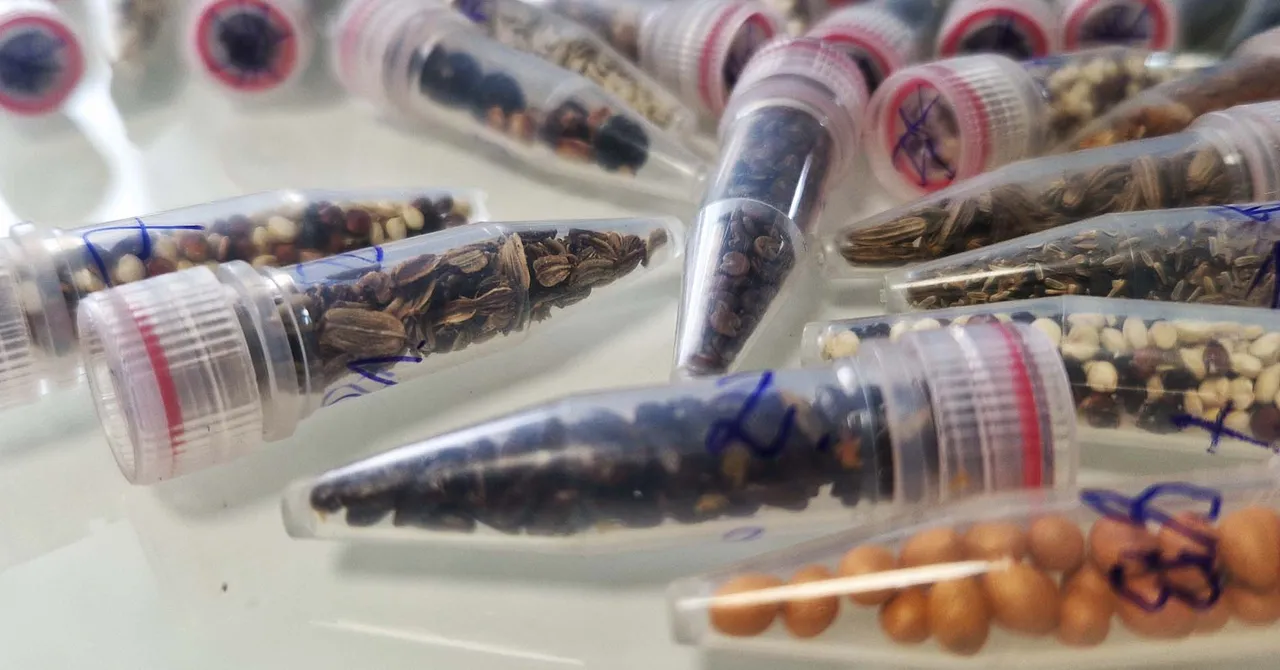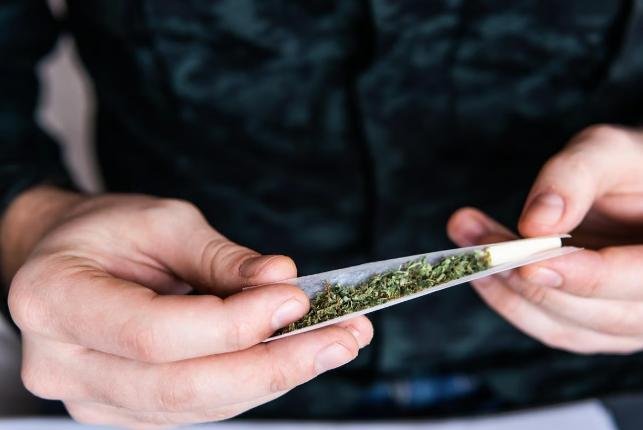On June 23, a SpaceX Falcon 9 rocket launched from Vandenberg Space Force Base in California, carrying hundreds of biological samples, including approximately 150 cannabis seeds, into low Earth orbit. This mission aims to study the effects of space conditions, particularly radiation, on plant genetics and resilience.
The cannabis seeds are part of a project led by Božidar Radišič from the Research Nature Institute in Slovenia. The goal is to explore how cannabis adapts to the harsh environment of space, which has implications for future agricultural practices on the Moon and Mars. Radišič believes that cannabis could be a vital crop for extraterrestrial colonization due to its fast growth, adaptability, and historical significance in agriculture.
The seeds will be housed in a biological incubator named MayaSat-1, developed by the Genoplant Research Institute. This incubator will reach altitudes above 500 kilometers, passing through regions of intense solar radiation near the North and South poles. The samples will be exposed to radiation levels up to 100 times higher than those experienced by plants at the equator, such as those on the International Space Station. After orbiting the Earth three times, the capsule will re-enter the atmosphere and land in the Pacific Ocean, where it will be retrieved and sent back to Europe for analysis.
Radišič, who has dedicated years to studying cannabis, emphasizes its versatility. “Cannabis can serve as a source of food, protein, building materials, textiles, hemp, plastic, and medicine,” he stated. This wide range of uses positions it as an ideal candidate for supporting future lunar and Martian bases.
Gary Yates, a plant researcher at Hilltop Leaf, concurs with Radišič, highlighting cannabis’s resilience in extreme environments. Its ability to thrive in low-nutrient soil and its low water requirements make it a strong candidate for cultivation in challenging conditions. Yates notes that cannabis has demonstrated potential for phytoremediation, a process that can remove toxins from the soil, which could be beneficial for environmental management in space.
Previous studies have shown that space conditions, such as microgravity and radiation, can induce genetic mutations in plants. D. Marshall Porterfield, a professor at Purdue University, explains that radiation can randomly alter genes, potentially resulting in new traits that could be advantageous for growth in space. This aspect of the research aims to uncover how cannabis genetics might change over generations in a space environment.
In 2019, a team from the University of Colorado Boulder sent cannabis tissue cultures to the International Space Station, but results on how these cultures responded to space conditions have yet to be published. Porterfield notes that understanding the effects of radiation beyond low Earth orbit is crucial for future agricultural systems, particularly for missions aimed at deep space exploration.
Following the return of the MayaSat-1 mission, Radišič’s team will breed generations of clones from the space-exposed cannabis seeds. They plan to investigate genetic changes and how these plants adapt to stressors, including disease and environmental challenges. The research will also focus on alterations in cannabinoid profiles, which may affect the levels of compounds like CBD and THC.
The second phase of the research will simulate Martian soil conditions and low-gravity environments on Earth, allowing scientists to study how cannabis performs under these specific challenges. Lumír Ondřej Hanuš, a chemist and research adviser on the project, believes that significant opportunities for scientific discovery exist once the seeds return from space. He anticipates looking for both genetic changes and physiological adaptations in the plants.
As the project unfolds, it could provide valuable information for future space agriculture. However, practical challenges remain. Microgravity, extreme temperatures, and nutrient-poor soils on Mars pose substantial obstacles to cultivating any plant. Petra Knaus, CEO of Genoplant, emphasizes the necessity of creating controlled environments for plants to thrive in extraterrestrial conditions.
Despite the challenges, the research aims to broaden the understanding of cannabis and its potential applications beyond Earth. Hanuš is optimistic that publishing successful findings could contribute to a more scientific acceptance of cannabis, a plant often viewed primarily as a recreational drug. He believes that as humanity explores new frontiers, cannabis could play an important role in sustaining life on other planets.




